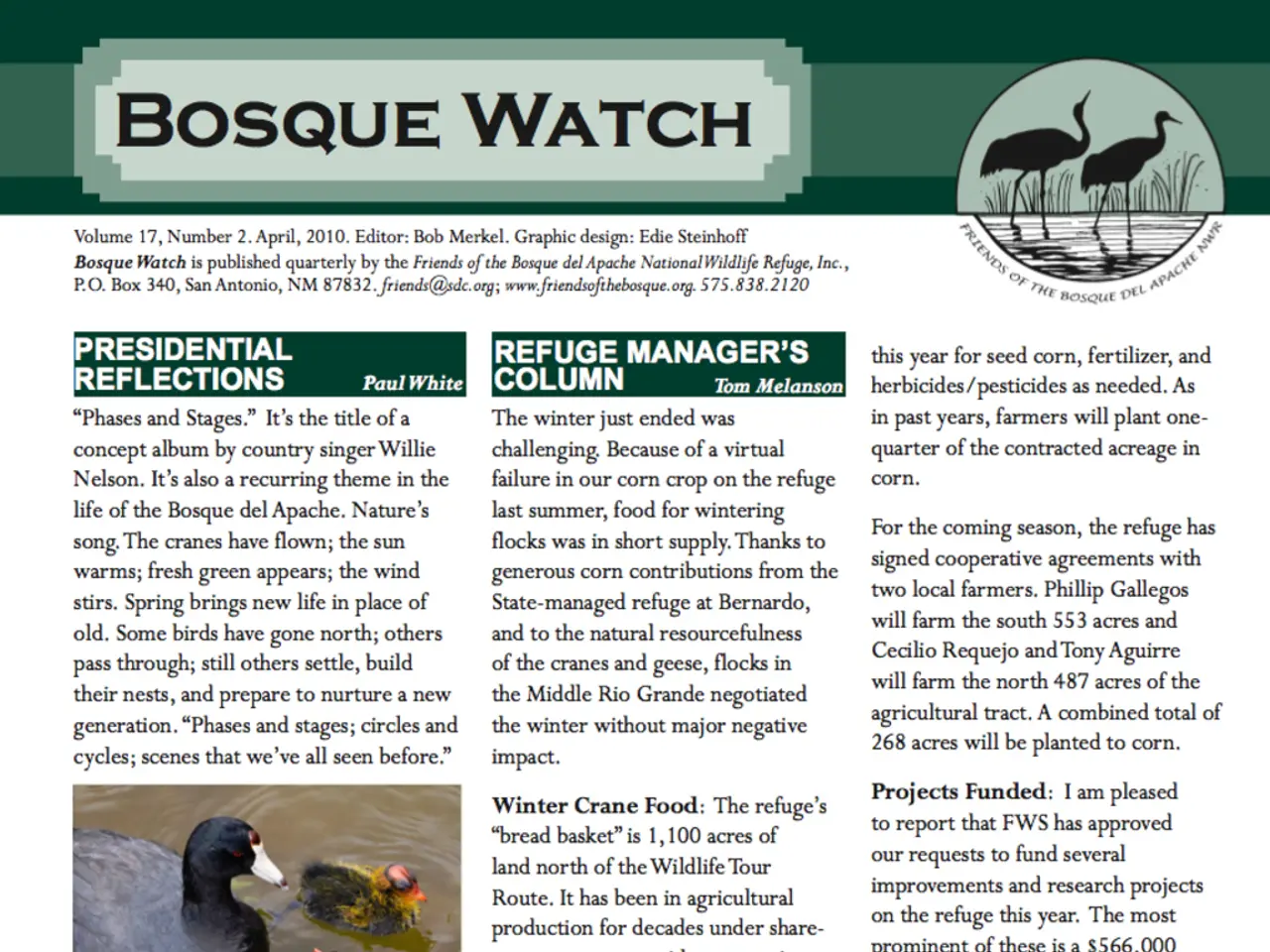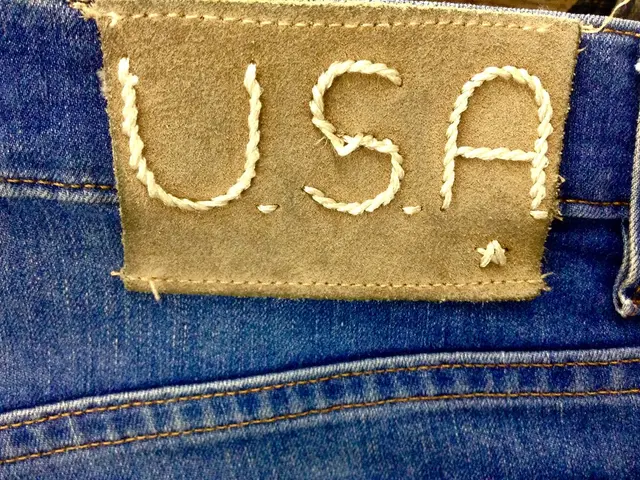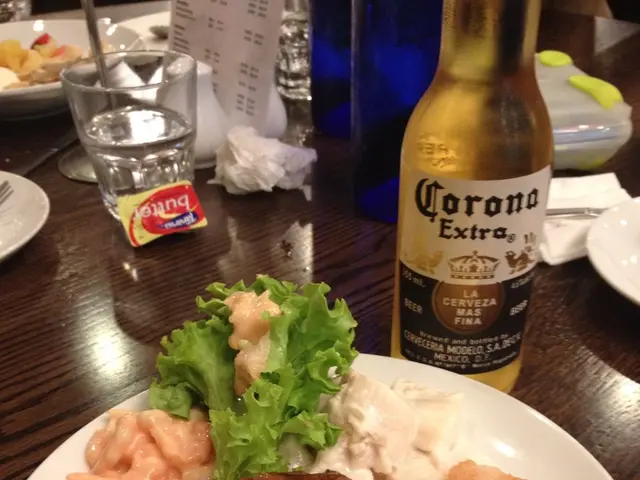Negative Impact of Easter on Ducks Explored
====================================================================
Each year, the holiday season sees a surge in the purchase of domestic ducks as impulse gifts, often without consideration for the long-term responsibilities that come with owning these animals. Unfortunately, many of these ducks end up abandoned, leading to a myriad of challenges for their survival and well-being in local parks and ponds.
The Reasons Behind Abandonment
The abandonment of domestic ducks is rooted in several factors. One of the primary reasons is impulse purchases. Many people buy ducks without fully understanding the long-term responsibilities involved, leading to abandonment after the holiday season.
A lack of awareness about the legal and ethical implications of abandoning animals also plays a role. Despite the illegality, this practice persists due to a lack of education or carelessness.
The seasonal demand for ducklings and other small animals also contributes to the issue, as the holiday season sees an increase in impulse purchases and subsequent abandonment.
The Struggles of Domestic Ducks in Local Parks and Ponds
Environmental Concerns
Domestic ducks, especially those not adapted to foraging, can suffer from malnutrition when fed inappropriate foods by well-meaning individuals. This can lead to health problems such as bone deformation and digestive issues.
Introducing domestic ducks into natural habitats can also disrupt local ecosystems. They may compete with native species for food and habitat, potentially altering the local biodiversity.
Social and Behavioral Challenges
Domestic ducks, when habituated to humans, can lose their fear of people, leading to aggressive behavior or dependency on humans for food. This complicates their ability to survive independently.
Large groups of ducks can also become a nuisance, causing conflicts with other park visitors and leading to property damage.
Making a Difference
John Di Leonardo, an anthrozoologist and president of Humane Long Island, has noticed an uptick in abandoned adult ducks in local parks and ponds after the holiday season. To address this issue, he started the Duck Defenders project, which advises local animal groups on dealing with abandoned pet waterfowl.
In Ohio, Quillin, a duck rescuer, has rescued hundreds of domestic ducks, many of which were found in local parks and ponds. He recommends contacting a local farmed animal sanctuary or humane society if unsure if a duck in distress is wild.
Smith, a concerned citizen, is campaigning to raise awareness about the issue of abandoned pet ducks, hanging signs in cities warning parkgoers that pet ducks won't survive in the wild.
A Brighter Future for Rescued Ducks
Despite the challenges, there are stories of hope. Two Pekin ducks named Olaf and Elsa were found frozen in a pond in Smithville, Ohio on Christmas Eve. They were among 109 domestic ducks abandoned in a pond outside a restaurant.
Thankfully, they were rescued and will spend their remaining days at Lasa Sanctuary in Wooster, Ohio. There, they will have clean hay and protection from predators.
While many abandoned ducks live "short, brutal lives," Olaf and Elsa, along with other rescued ducks, will have a chance at a better life.
[1] For more information on the legal implications of abandoning animals, please consult your local animal control or humane society.
- Impulse buying of domestic ducks during the holiday season also affects the education about the long-term responsibilities of owning them, leading to potentially harmful lifestyle choices for both the animals and the environment.
- The abandonment of domestic ducks in local parks and ponds can impact the home-and-garden ecosystems as these ducks may compete with native species for food and resources, potentially disrupting the local biodiversity.
- Raising awareness about the challenges faced by abandoned domestic ducks and the importance of responsible pet ownership could help reduce the number of abandoned pets, improving their quality of life and reducing strain on local species populations.




